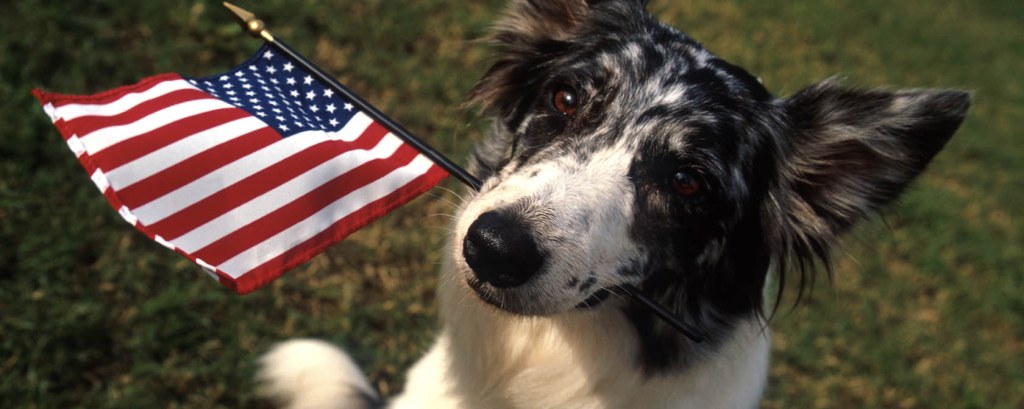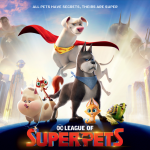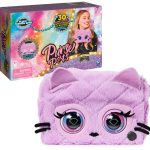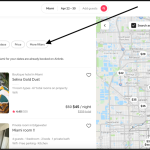Ensuring Pet Safety: Is Bifen I/T Safe For Your Beloved Pets? Discover The Answer Now!
Is Bifen I/T Safe for Pets?
Introduction
Hello, Pets Lovers! Today, we will be discussing an important topic that concerns the well-being of our furry friends – the safety of using Bifen I/T on pets. As responsible pet owners, it is crucial for us to ensure that any products we use are safe and do not pose any harm to our beloved pets. In this article, we will delve into the details of Bifen I/T, its safety profile, and whether it is suitable for use on pets. So, let’s get started!
1 Picture Gallery: Ensuring Pet Safety: Is Bifen I/T Safe For Your Beloved Pets? Discover The Answer Now!

Overview of Bifen I/T
Bifen I/T is a widely used insecticide that is commonly used in the agricultural and pest control industry. It contains the active ingredient bifenthrin, which is known for its effectiveness in controlling a wide range of pests, including mosquitoes, ants, ticks, and fleas. However, when it comes to using Bifen I/T on pets, we need to be cautious and ensure that it is safe for their health.
What is Bifen I/T?

Image Source: hslf.org
Bifen I/T is an insecticide that belongs to the pyrethroid class of chemicals. It is formulated to provide long-lasting protection against various pests by targeting their nervous systems. Bifen I/T comes in a concentrated form and needs to be diluted with water before application. It is commonly used for outdoor pest control, such as treating lawns, gardens, and perimeter areas.
Who Should Use Bifen I/T?
Bifen I/T is primarily intended for professional use by licensed pest control operators and agricultural professionals. It requires careful handling and application, as it is a potent insecticide. If you are not familiar with the proper usage and safety precautions, it is recommended to consult with a professional before using Bifen I/T on your pets.
When Can Bifen I/T be Used on Pets?
Bifen I/T should never be directly applied to pets. It is not designed for use as a topical treatment or directly on animals. The primary use of Bifen I/T is for outdoor pest control, and it should be applied to the environment rather than on pets. If you are concerned about pests affecting your pet, consult with a veterinarian for suitable pet-safe alternatives.
Where Can Bifen I/T be Used?
Bifen I/T is typically used in outdoor areas, such as lawns, gardens, and perimeter spaces. It is not recommended for indoor use, especially in areas where pets frequently roam or rest. If you need to control pests indoors, there are specific pet-safe insecticides available that are formulated for indoor use and pose minimal risk to pets.
Why Should I be Cautious with Bifen I/T?
While Bifen I/T can be effective in controlling pests, it is essential to exercise caution when using it around pets. Bifenthrin, the active ingredient in Bifen I/T, can be toxic to animals if ingested or absorbed through the skin. Pets may accidentally come into contact with treated areas or groom themselves after exposure, leading to potential health risks. Therefore, it is crucial to follow safety guidelines and keep pets away from treated areas until they are dry.
How Can I Ensure the Safety of My Pets?
When using any pesticide, including Bifen I/T, it is crucial to prioritize the safety of your pets. Here are some steps you can take to ensure their well-being:
Read and follow the instructions provided by the manufacturer.
Avoid direct application of Bifen I/T on pets.
Keep pets away from treated areas until they are dry.
Consult with a veterinarian for pet-safe alternatives if needed.
Store Bifen I/T out of reach of pets and children.
Dispose of any unused product or packaging properly.
Monitor your pets for any signs of adverse reactions and seek veterinary attention if necessary.
Advantages and Disadvantages of Bifen I/T for Pets
Like any other product, Bifen I/T has its pros and cons when it comes to using it around pets. Let’s take a closer look:
Advantages:
Effective in controlling a wide range of pests.
Long-lasting protection when applied correctly.
Widely available in the market.
Cost-effective option for outdoor pest control.
Can help create a pest-free environment for pets.
Disadvantages:
Potential health risks if pets come into direct contact with treated areas.
Requires careful handling and application.
Not recommended for use on pets directly.
May pose a risk to beneficial insects and wildlife.
Alternative pet-safe options may be more suitable for indoor use.
Frequently Asked Questions (FAQ)
1. Can I use Bifen I/T directly on my pets?
No, Bifen I/T should never be used directly on pets. It is designed for outdoor pest control and should be applied to the environment rather than on animals.
2. Can Bifen I/T cause harm to my pets?
If used according to the instructions and safety guidelines, the risk of harm to pets can be minimized. However, it is crucial to keep pets away from treated areas until they are dry.
3. Are there any pet-safe alternatives to Bifen I/T?
Yes, there are various pet-safe alternatives available for indoor and outdoor pest control. It is recommended to consult with a veterinarian for suitable options based on your specific needs.
4. What should I do if my pet accidentally ingests Bifen I/T?
If your pet ingests Bifen I/T or shows any signs of illness after exposure, it is essential to seek immediate veterinary attention. Be sure to provide your veterinarian with all the necessary information regarding the exposure.
5. Can Bifen I/T be used around children?
Bifen I/T should be used with caution around children. It is important to follow the safety guidelines provided by the manufacturer and keep the product out of reach of children.
Conclusion
In conclusion, while Bifen I/T can be effective in controlling pests, it is crucial to prioritize the safety of our pets. Bifen I/T should never be directly applied to pets, and caution should be exercised when using it around them. By following the safety guidelines, consulting with a veterinarian, and considering pet-safe alternatives, we can ensure the well-being of our furry companions while maintaining a pest-free environment. Remember, the safety of our pets should always come first!
Final Remarks
Please note that the information provided in this article is for educational purposes only and should not substitute professional advice. Always consult with a veterinarian or pest control professional before using any products on your pets. Remember to read and follow the instructions provided by the manufacturer for the safe use of any pesticides. The well-being of your pets should be your top priority.
This post topic: Pets



